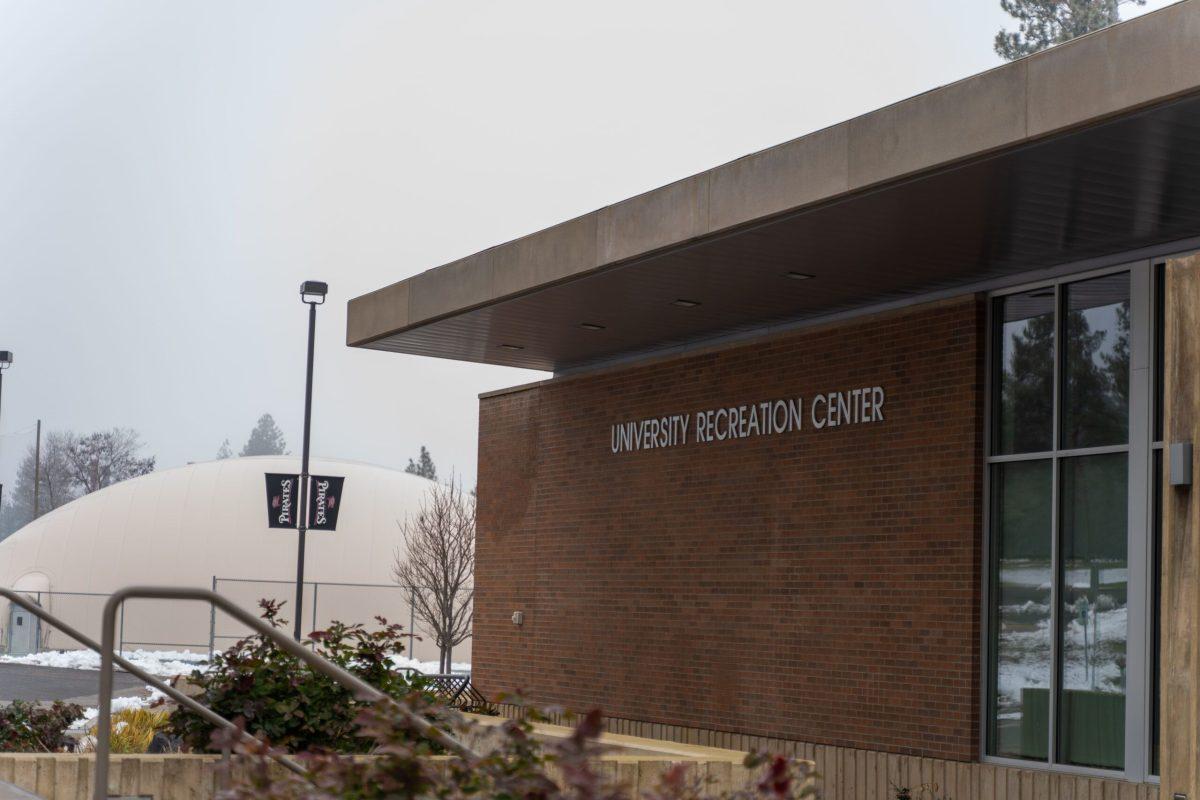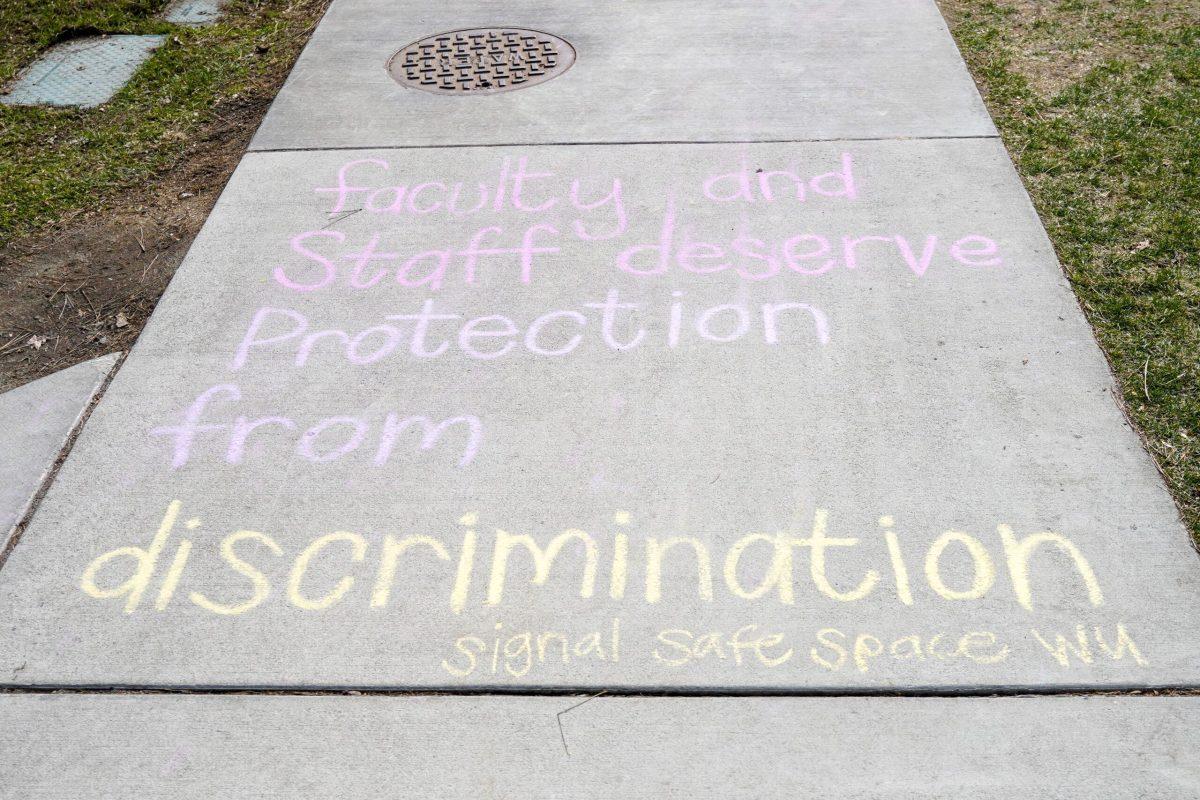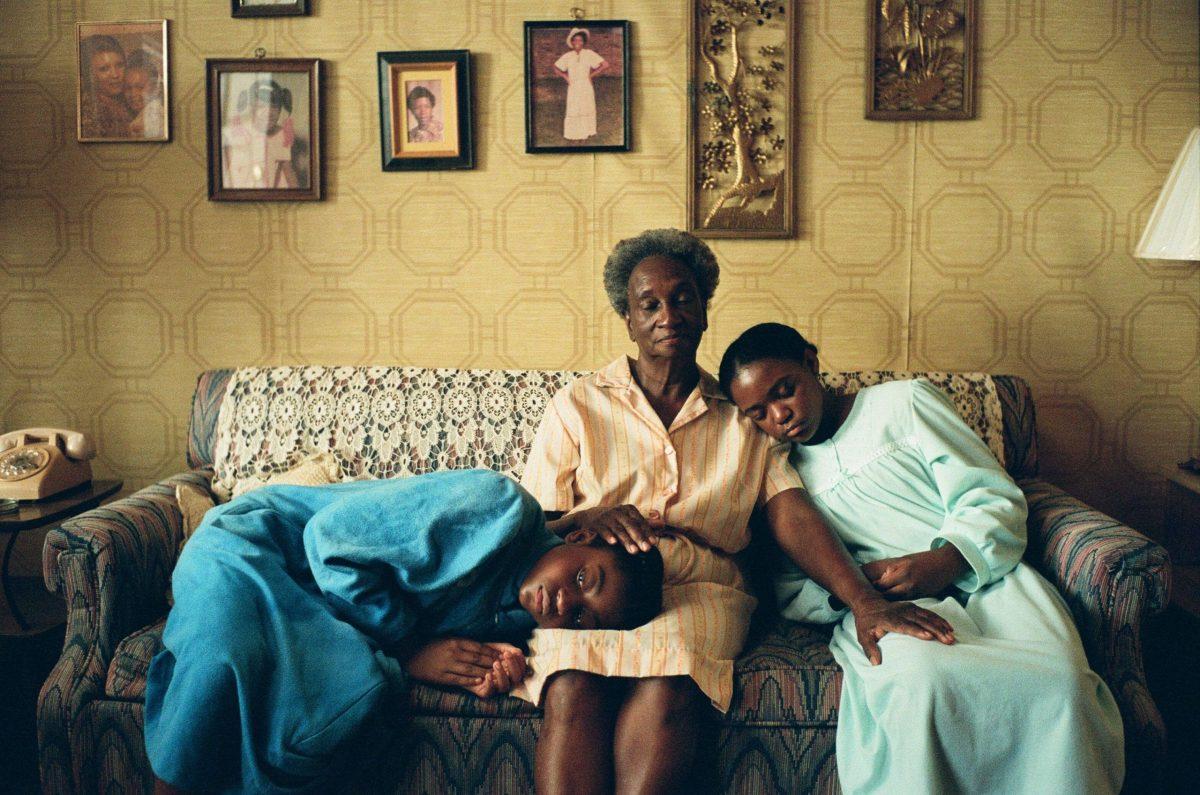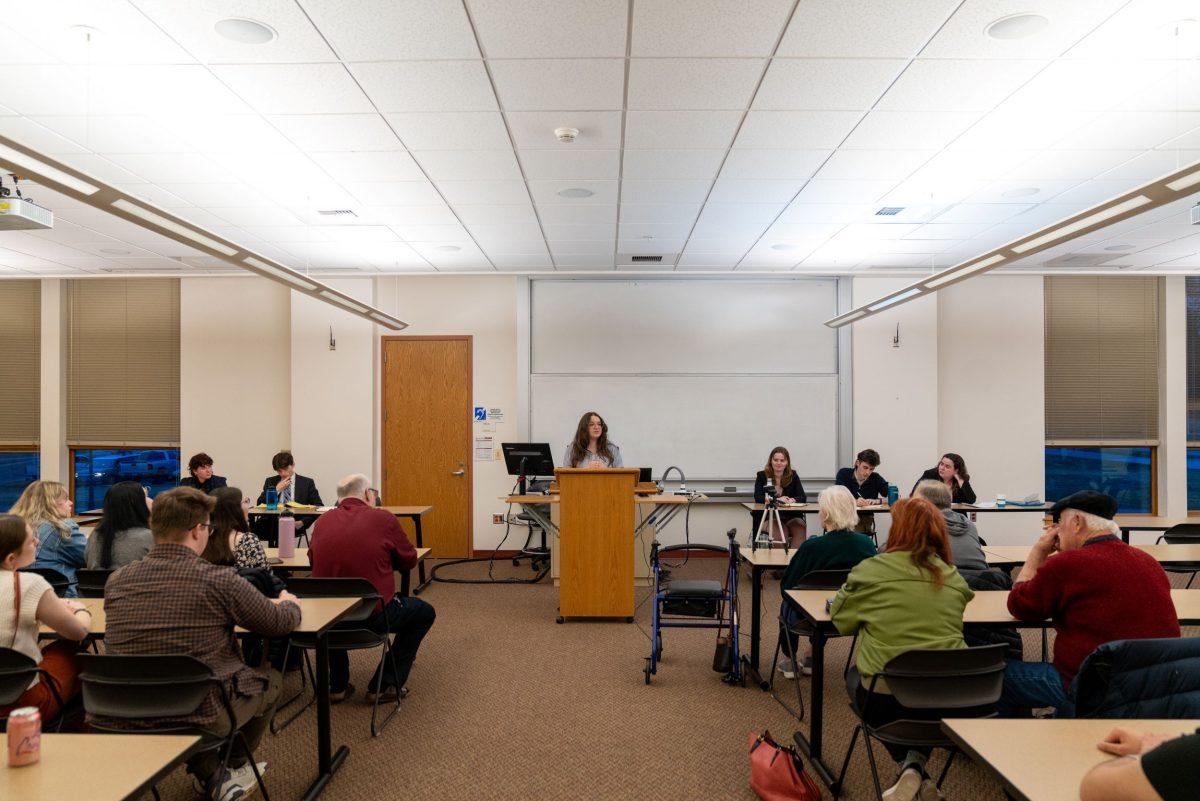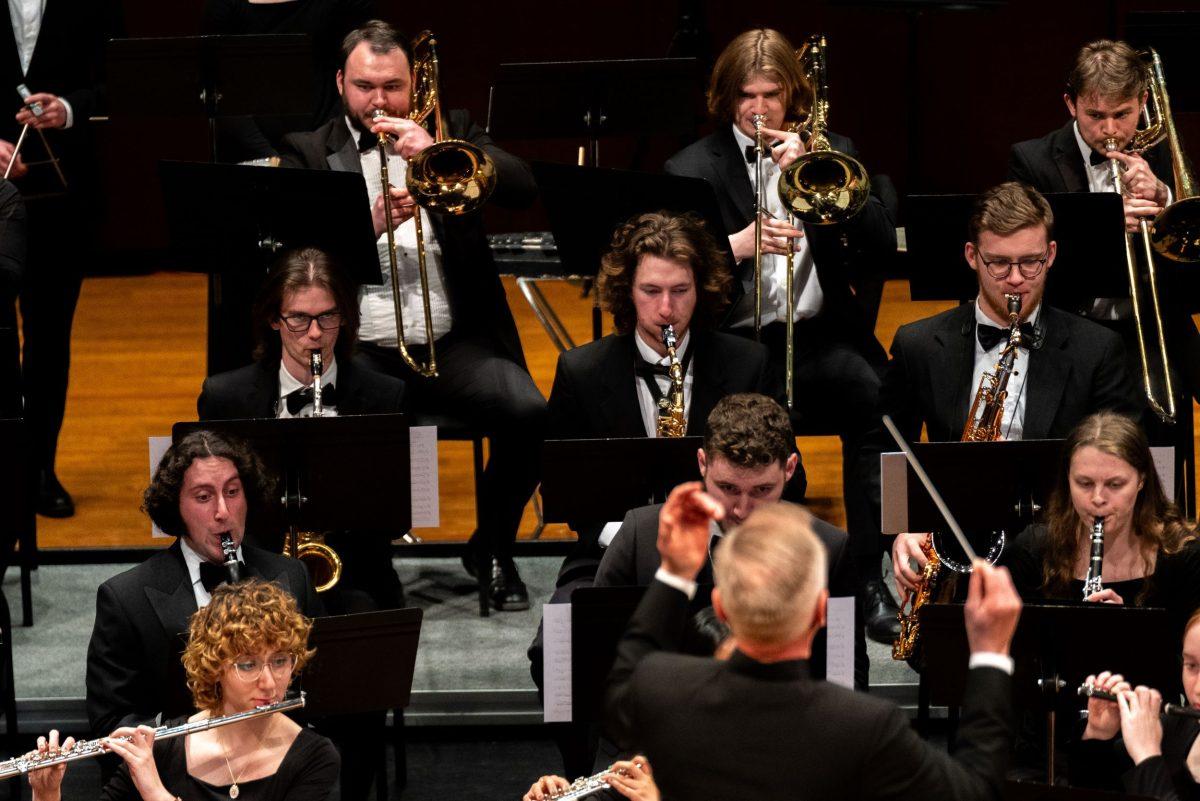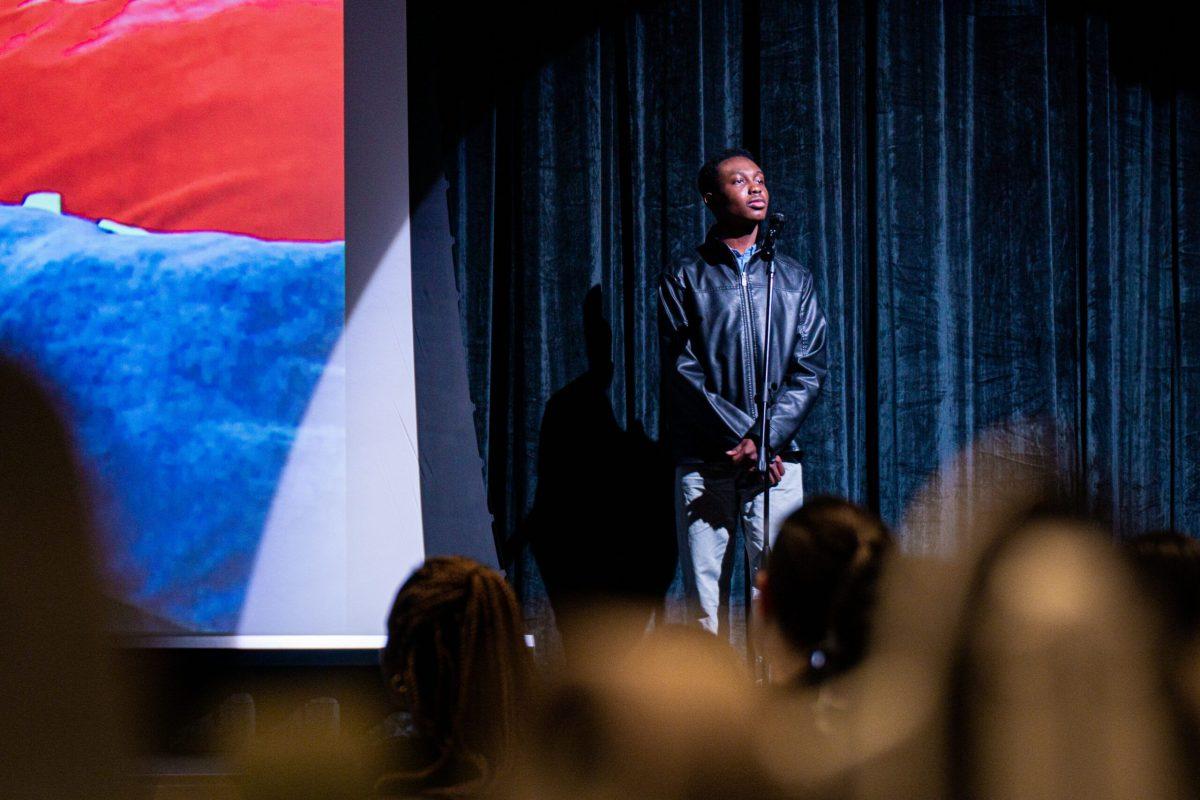
“How can we make the choral ensembles more inclusive?”
This is the question that inspired Director of Choral Activities, Dr. Xiaosha Lin to rename Whitworth’s former “Women’s Choir” as “Forest Treble Choir” and “Men’s Choir” as “Ponderosa Tenor/Bass Choir.”
“Gender-specific name[s have] had a long history in the choral world,” explained Lin. However, such names are not reflective of each student’s identity in the Whitworth choirs.
“[As] we are embracing this new generation of students, we have [some who] identify themselves as non-binary or gender fluid,” said Lin. “We have to respect their identities.”
Changing the choir ensemble names was not just a matter of fostering gender inclusivity, but also one of encouraging students to sing in ensembles best suited for their vocal range.
“I want students to be in a choir that fits their natural and emerging vocal instrument, not specifically their expressed gender,” said Dr. Joshua Chism, director of the Ponderosa Tenor/Bass Choir.
Chism also expressed that for some students, the former gendered ensemble names prevented them from participating in the right choir for their vocal instruments. “It is my obligation to teach singers in the healthiest way possible,” explained Chism. “I can’t do that if we have to place a female tenor in a ‘women’s choir’ or a male alto in a ‘men’s choir’ where they might be singing in a range that is not best for them.”
Not only do the new ensemble names better respect each singer’s individual identity and vocal range, but they also speak to the choirs’ collective, cultural identities. Lin took a dedicated approach while brainstorming these new ensemble names.
“I spent a year getting to know the students and the Whitworth culture,” said Lin. “I looked for [a name that would be] meaningful to them, so they [could] make a connection with it themselves.”
Inspired by the “charms of the Pacific Northwest,” Lin reached out to Whitworth’s arborist, Caleb Mcllraith, to learn more information about the trees on campus.
While taking a tour of the Back 40 with Mcllraith, Lin learned that the trees there send nutrients to each other underground, ultimately supporting each other and helping one another grow. “It suddenly just clicked with me,” described Lin. “This is how I see my Women’s Choir.” Thus, Whitworth’s “Women’s Choir” acquired the new name “Forest Treble Choir.”
“The majority of these students are not music majors, they are scattered across campus,” explained Lin. “But when they come to choir, they give the best of themselves, and they support each other. . . they are forests!”
Of course, the Back 40 forest is largely comprised of ponderosa pine trees. Recognizing these trees’ “strength and sturdiness,” Lin determined that renaming the “Men’s Choir” to “Ponderosa Tenor/Bass Choir” would effectively speak to each choir student’s sound, as well as their individual character development.
Naturally, Chism embraced Lin’s suggestion to change “Men’s Choir” to “Ponderosa Tenor/Bass Choir.”
“We want our choristers. . . to exhibit both strength and flexibility,” said Chism. “A ponderosa pine tree embodies these qualities perfectly, as it stays firmly rooted in the ground, demonstrating strength, while swaying gently with the other trees in the wind, demonstrating flexibility.”
Even the ponderosa pine needles illustrate a facet of the choir’s identity. Lin’s New Ensemble Names Announcement reads, “Fun fact learned from the arborist, the ponderosa needles are three to a bundle, in the shape of the letter ‘W,’ coincidently representing Whitworth.”
And what would a Whitworth class be without the education of the mind and heart?
“With the renaming of ‘Forest’ and ‘Ponderosa,’ we are embracing holistic character development—the notion that our students are maturing both as individuals (the single pine tree) and as part of a community (the forest),” Chism reflected. “Both are needed in our society, and we strive to embody that each day in rehearsal.”



